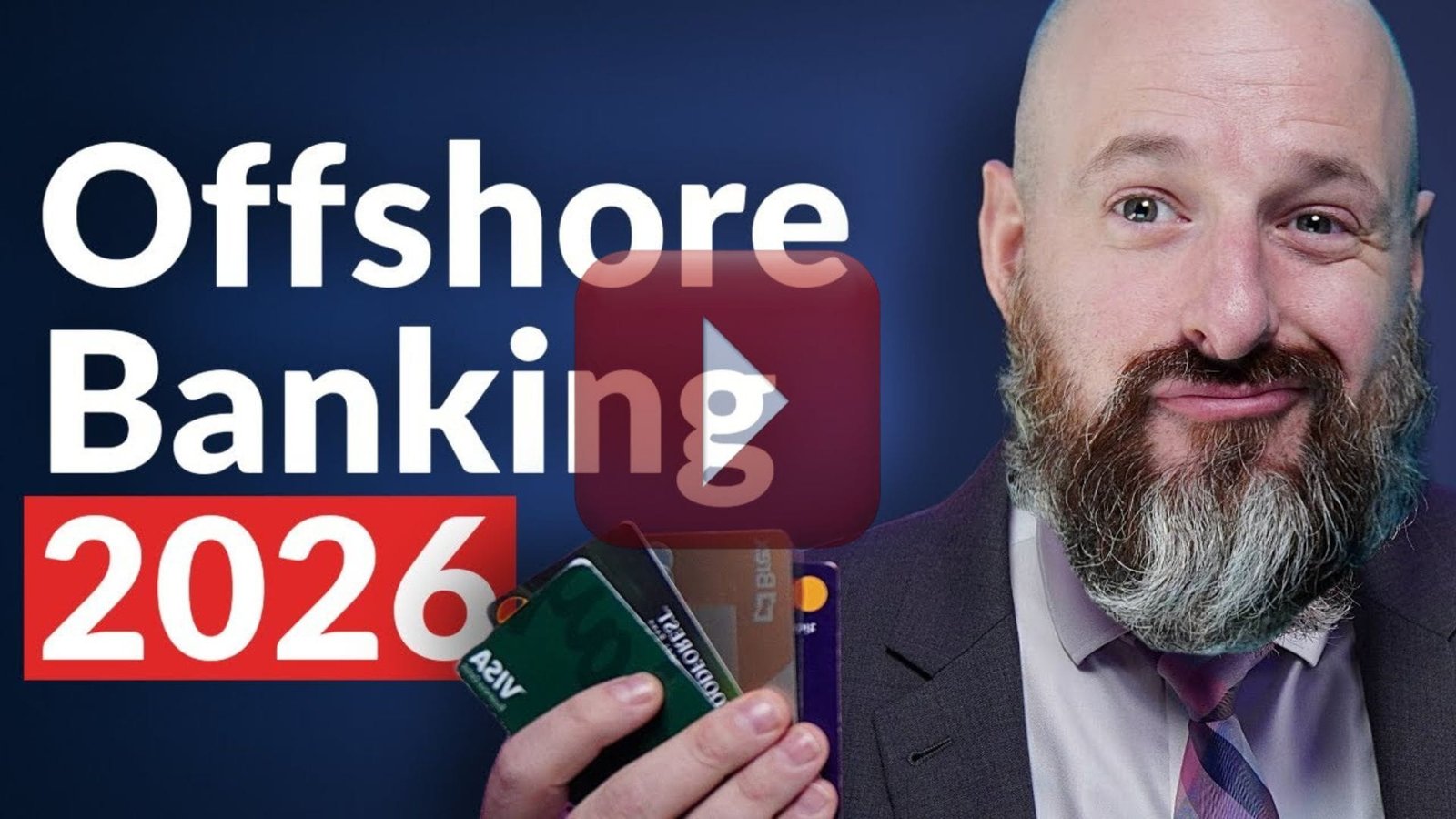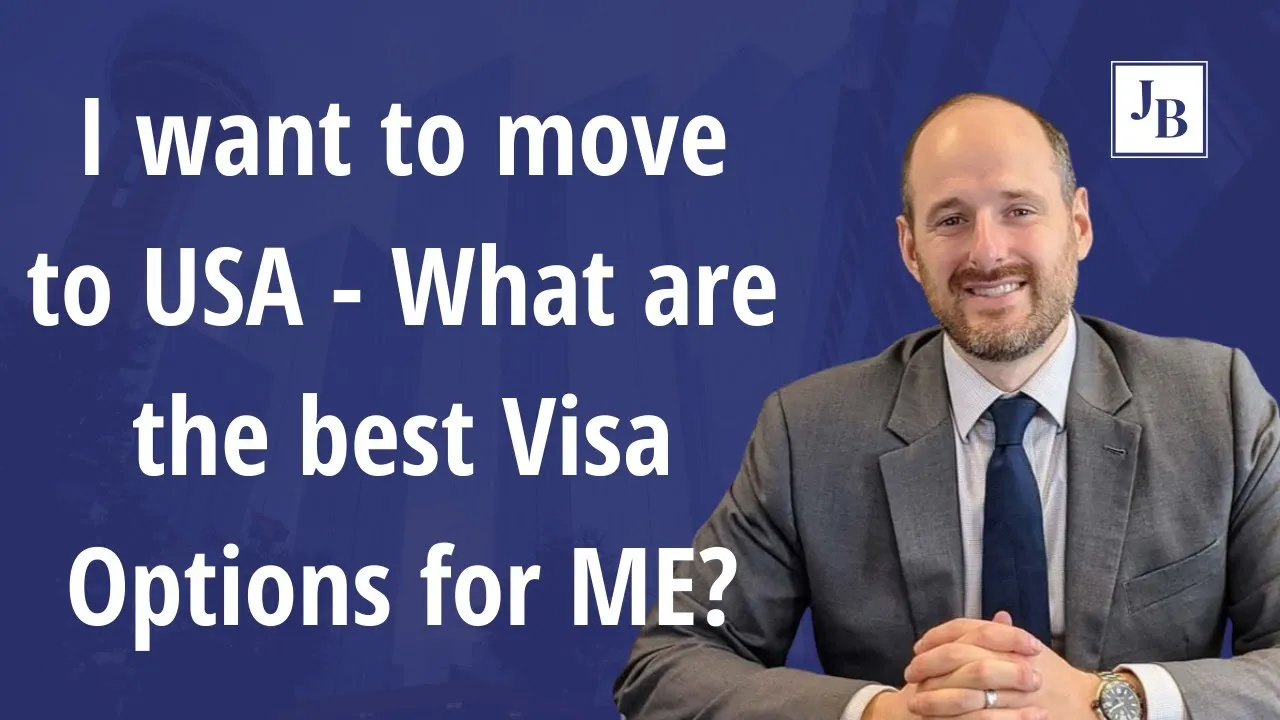
Imagine you’re Ana, an entrepreneur based in Colombia trying to open a U.S. bank account for your LLC. You’ve got clients ready to pay you, but banks keep rejecting your application due to address issues. Frustration builds, time slips away, and your business growth stalls. Sound familiar? You’re not alone.
For many non-residents, opening a U.S. bank account is a maze filled with confusing requirements, endless red tape, and rapidly changing bank policies. But here’s the secret: the right hacks and strategies can unlock the door to your U.S. financial freedom.
In this article, I’ll share the latest proven hacks that successful non-residents use to open U.S. bank accounts without fail—helping you avoid common pitfalls and get your business running smoothly.

Why Opening a U.S. Bank Account Matters for Non-Residents
In many countries, high taxes and complex business regulations choke your potential. You want to tap into the U.S. market, process payments with ease, and grow your international brand. But without a U.S. bank account, your options are limited, expensive, or slow.
U.S. bank accounts give you:
-
Easier payment processing with global platforms like Stripe and PayPal
-
Access to loans, credit cards, and better financial services
-
Increased credibility with clients and partners worldwide
But opening an account as a non-resident isn’t as simple as filling out a form. The key? Understanding what banks truly require—and how to provide it in ways that satisfy even the strictest compliance officers.
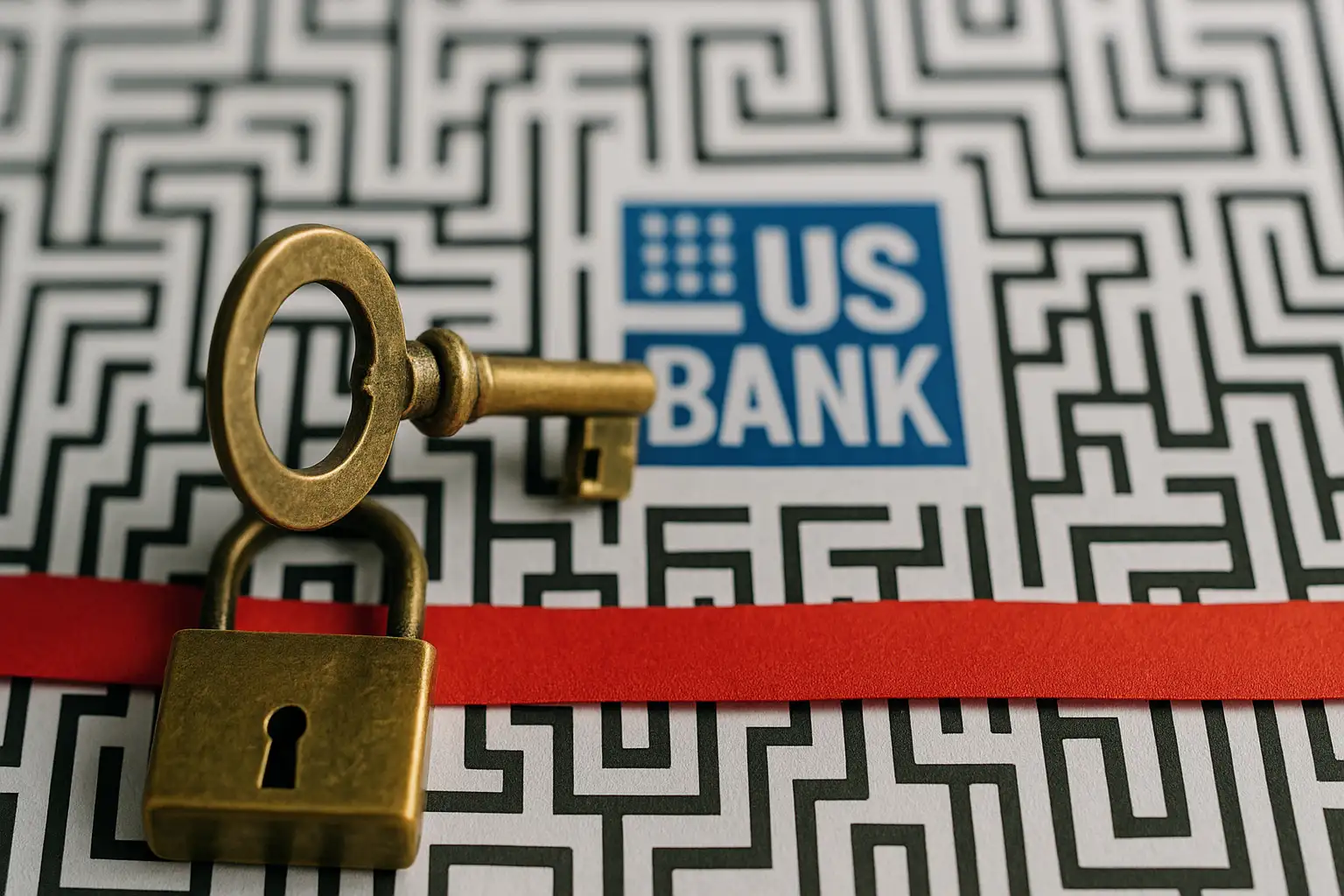
The Main Hack: Having the Right U.S. Address and Proof of Residence
Banks want to know you’re real—and they verify this primarily through your U.S. business address and proof of residency.
Here’s the catch:
-
Most non-residents use third-party LLC formation services that provide a shared registered agent address. Banks see thousands of companies tied to the same address and flag it as unreliable.
-
PO Boxes or Commercial Mail Receiving Agencies (CMRA) are also rejected by major banks like Mercury and Relay.
-
Without a physical U.S. address with verifiable utility bills, banks will decline your application.
So, what works?
How to Find a Legitimate U.S. Address That Banks Accept
-
Personal Residential Address:
The gold standard is a residential address in your name—whether it’s a house, a cousin’s place, or a trusted friend’s home. Bonus: having a matching utility bill (internet, electricity, phone) in your name makes this airtight. -
Virtual Business Address Services:
Companies like Anytime Mailbox provide multiple addresses across U.S. states. Unlike common registered agent addresses, these are genuine commercial locations with real mailrooms. For $40-$200/month, you can secure a business address that passes bank scrutiny. -
Utility Bills Matter:
Simply having an address isn’t enough. You must obtain or generate a utility bill tied to that address. Some services provide “true lease” addresses with utility bills you can use to prove residence. These often cost more but solve the proof-of-address requirement seamlessly.
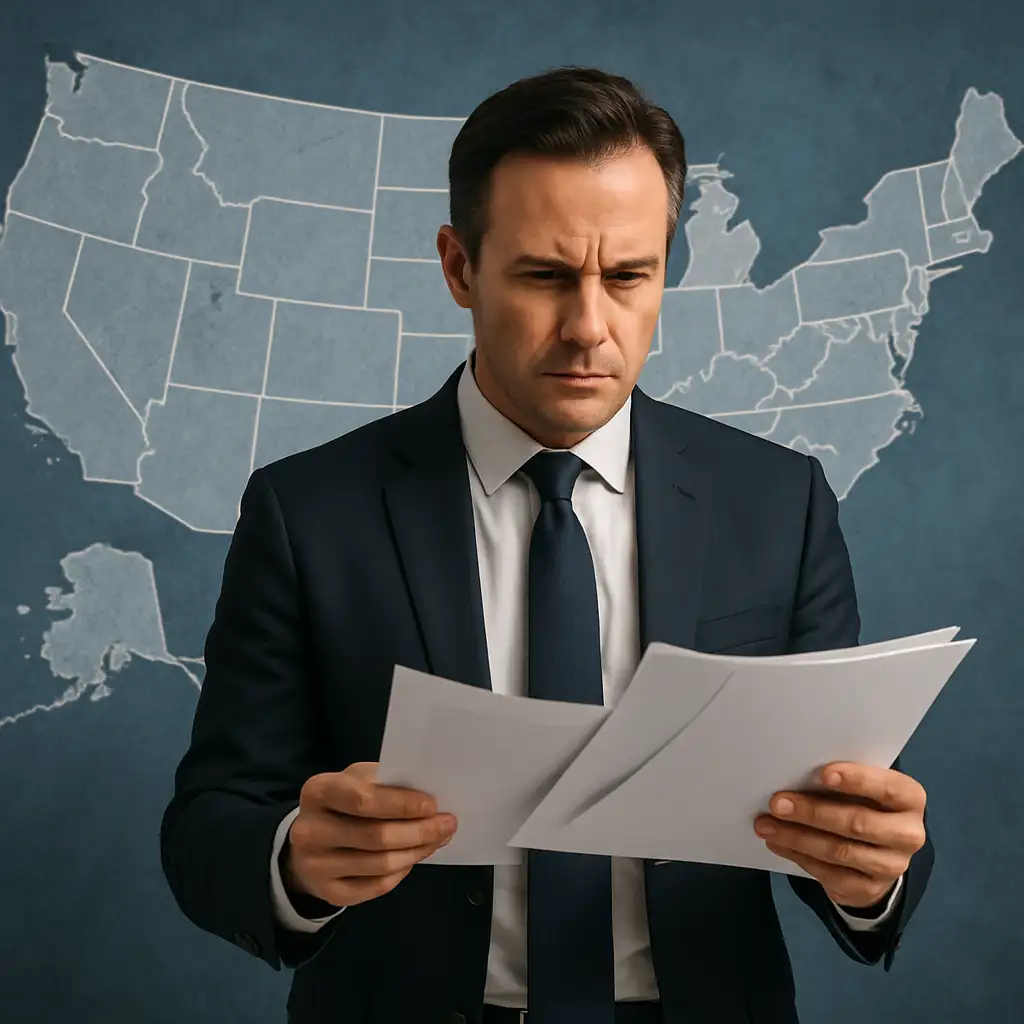
Tools to Verify Your Chosen Address
Before submitting your LLC registration or bank application:
-
Use online tools like SmartyStreets to verify the physical status of your address. It confirms if the address is CMRA-free, active, and valid.
-
Avoid addresses flagged as “vacant” or associated with private mail services.
Banks regularly cross-check your address with these databases and reject suspicious ones—don’t let this trip you up.
Alternative Proof of Address Options
-
Phone bills from providers like T-Mobile or Verizon can serve as proof if they match your U.S. address.
-
Internet bills, Netflix subscriptions, or even some credit card statements have been accepted in some cases—though utilities hold the highest weight.
Note: Informal subleases or using someone else’s mail without proper documentation rarely work anymore due to tightened compliance.
Alternative Proof of Address Options
-
Phone bills from providers like T-Mobile or Verizon can serve as proof if they match your U.S. address.
-
Internet bills, Netflix subscriptions, or even some credit card statements have been accepted in some cases—though utilities hold the highest weight.
Note: Informal subleases or using someone else’s mail without proper documentation rarely work anymore due to tightened compliance.
The Reality of Bank Policy Changes
Recently, Mercury and Relay tightened their rules—no more accepting registered agent addresses or PO Boxes. You must present a real, physical U.S. address with valid proof of residence.
This shift has made some previously “easy” workarounds obsolete, increasing the need to plan your address strategy before forming your LLC.
Best Practices: How to Prepare Before Opening Your LLC
-
Secure your U.S. address and proof of residence before you register your LLC.
-
Avoid using generic LLC formation company addresses for your business registration.
-
If possible, open a personal bank account in the U.S. with a family member’s address or through trusted virtual address providers to get your first official utility bill or statement.

When Flying to the U.S. Is an Option
If you can travel to the U.S., use it to your advantage:
-
Open a personal bank account with a family member’s residential address.
-
Get personal utility bills and statements under your name.
-
Establish credit history that will smooth your LLC bank account approvals later.
We Can Help You Cut Through the Noise
If all this sounds overwhelming, don’t worry. We have years of experience helping entrepreneurs just like you open U.S. bank accounts remotely, with zero travel required.
With exclusive banking connections, we help you:
-
Choose and verify the right address
-
Obtain utility bills or equivalent proof
-
Complete your bank application correctly
-
Bypass common roadblocks
Schedule a free call with us today and get the expert support you deserve.
FAQ – Quick Answers for Foreign Founders
Yes! With the right U.S. address and documentation, many banks allow fully remote account openings for non-residents.
They are considered unreliable and linked to many companies, raising red flags for fraud and compliance risks.
Using a trusted virtual mailbox service with physical addresses and utility bills can be cost-effective but expect to pay $40-$200/month depending on the provider.
You may need to update your bank and business records; some banks require a stable address for ongoing compliance.
